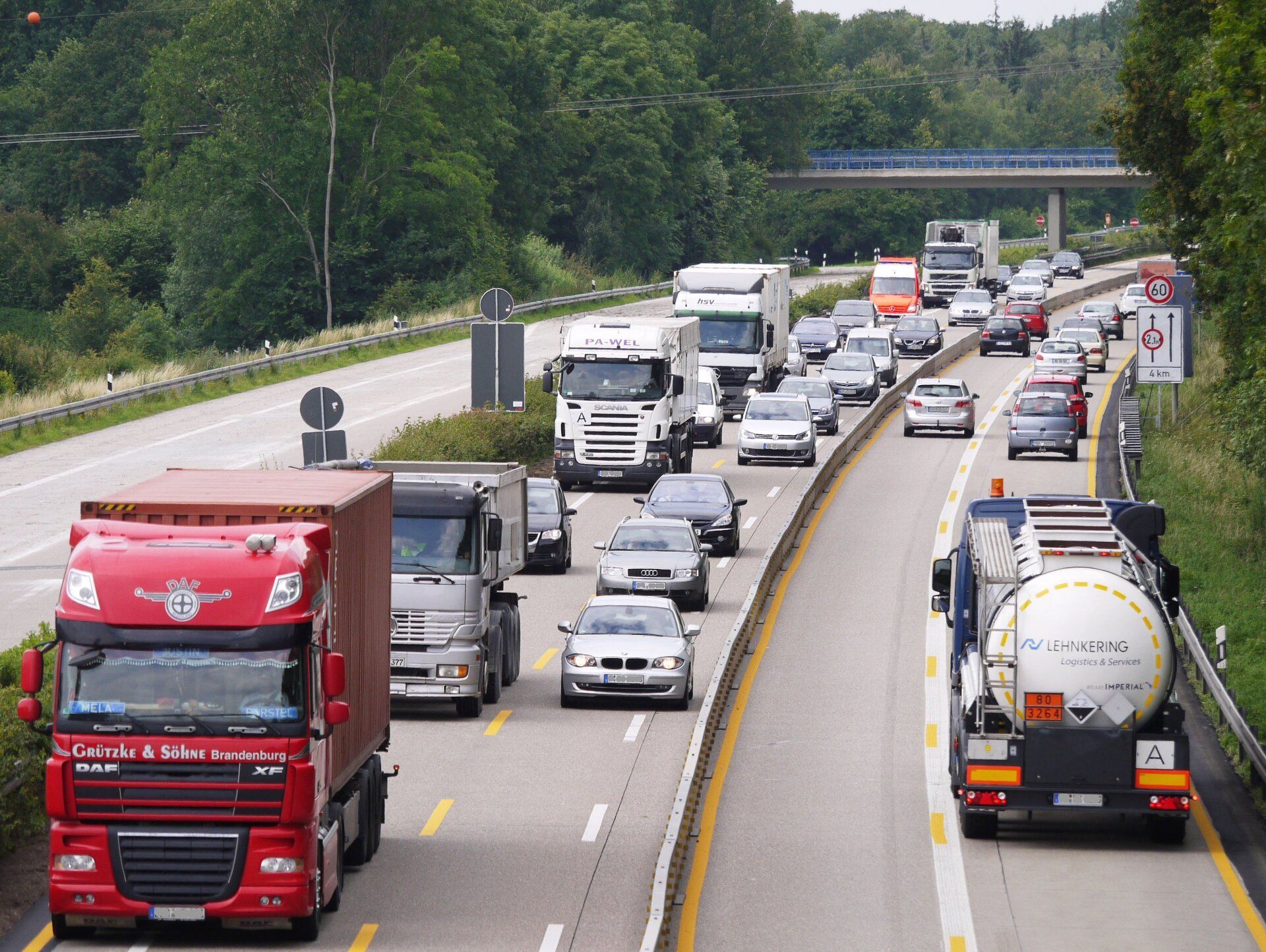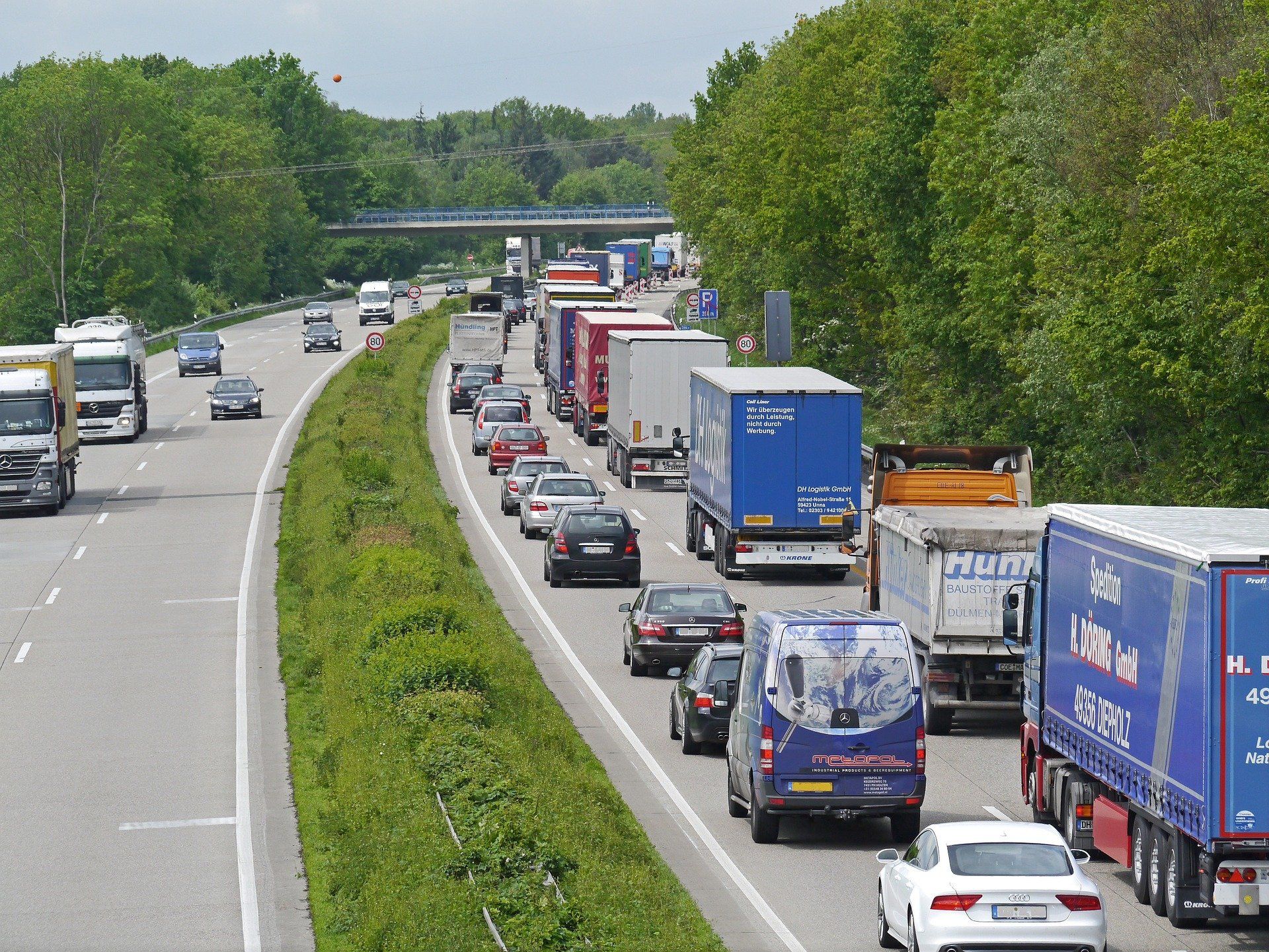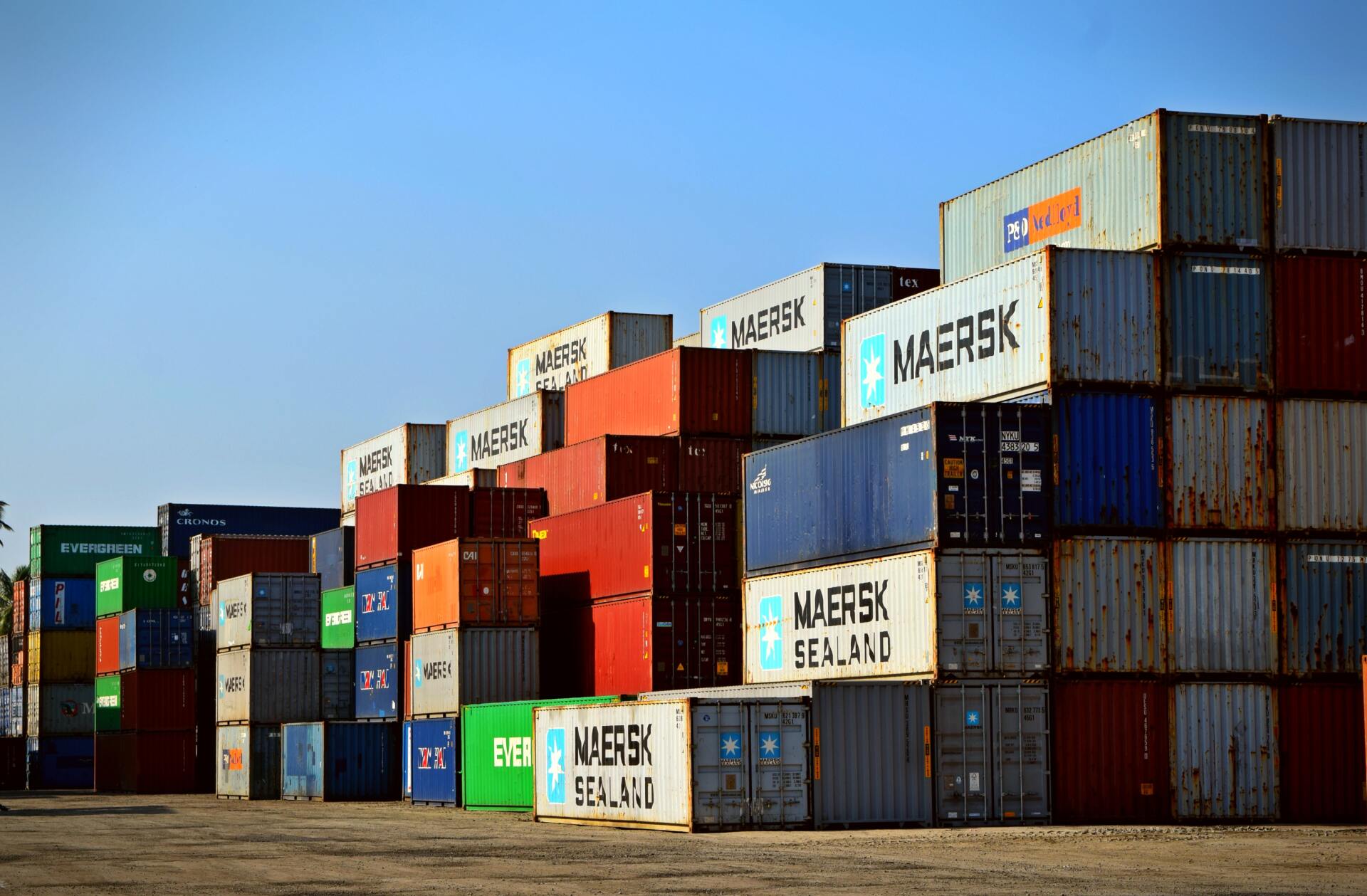October 17, 2021
For months, the trade press leaders comments: “ How serious is the shortage of truck drivers? " “ Giants in UK retail call the government to relax rules for drivers in the European Union ” “ Lorry drivers crisis spreading across the whole of Europe. ” Currently, EU hauliers can only collect or drop off goods in the UK twice a week. According to the new proposals, they will be able to do it for an unlimited period of time for up to two weeks. The UK government is trying to ease the rules on the number of deliveries truck drivers can make in the UK in an attempt to unblock a bottleneck in the country's supply chain. In recent weeks, the government has decided to grant temporary visas to up to 5,000 foreign truck drivers, extending their period until the end of February, and large supermarket chains and retailers are offering bonuses and increasingly higher salaries to encourage employees to join and stay with them. EU-Exit and COVID-19 have worsened an already deteriorating situation, but the current driver shortage has been developing for a long time and the reasons vary from country to country. There is a shortage of truck drivers worldwide. For example, in Europe, it is estimated that the total shortage of drivers now exceeds 400,000. In Great Britain, depending upon sources, there is between 76,000 to 100,000 shortage of HGV drivers. Opening borders to EU workers may be a short-term solution, but it is not a long-term answer. The first and most important problem is how to make the sector more attractive. Higher wages make it easier to recruit and retain drivers, but this wage inflation, if not affected by higher transport rates, will cause financial problems for the employer. However, more needs to be done to improve the conditions and general working environment of all drivers. The Minister of Roads, Buses and Places, Baroness Vere of Norbiton, wrote a letter to encourage drivers who no longer work in the sector to take this opportunity to consider returning. Many foreign workers leave the sector and return to their homes in the EU, which is why many employers offer training packages, attractive wage rates, flexible work, fixed hours, fixed days, full-time and part-time contracts. The national shortage of HGV truck drivers has been putting pressure on UK supply chains. For food and beverage companies, supply chain capability is the foundation of an overall competitive package. Supply chain specialists process data, anticipate demand, and plan flexible, efficient delivery at minimal cost. However, in recent months, representatives in the supply chain have reported a constant challenge in meeting their obligations towards their partners due to the lack of truck drivers. This problem is not new, it has developed gradually over many years and became more pressing and violent in the first half of 2021. Where shipping services do not keep up with demand, costs are likely to increase. Shipping service providers can be expected to charge their customers higher prices, increasing costs for businesses. In the absence of drivers, it is worth ensuring that the vehicles are full, this is best practice but not always possible. Businesses may therefore choose to deliver fewer goods, but this may not suit customers or stores, especially where storage space is a challenge or where there are time constraints. Short-lived goods are most vulnerable to transport disruptions, which may result in an increase in the amount of waste. Another problem is that drivers may be reluctant to work in the evenings or on weekends, which may not suit food and drink industry who are active around the clock. Limited trading flexibility reduces the ability to respond to spikes in demand, leading to a more cautious approach to trading. It is possible to alleviate some of the immediate pressures through targeted action, but repair will require focus and action on several fronts. Share this story











